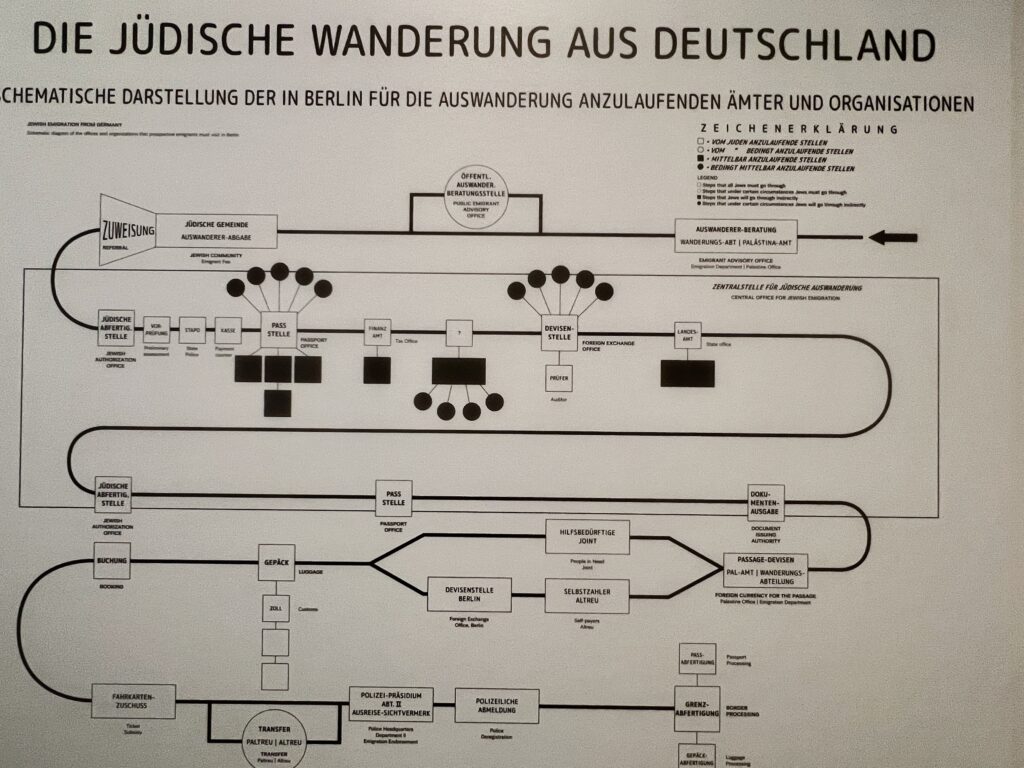Why Children of Germans Born Abroad Are Not Automatically German Citizens
Why Children of Germans Born Abroad Are Not Automatically German Citizens and What Parents Must Do By Christine Stenner, German Attorney at Stenner Law| Foreign Legal Consultant (PA) | January 9, 2026 Many German citizens live permanently outside Germany, including in the United States. […]
Why Children of Germans Born Abroad Are Not Automatically German Citizens Read More »










